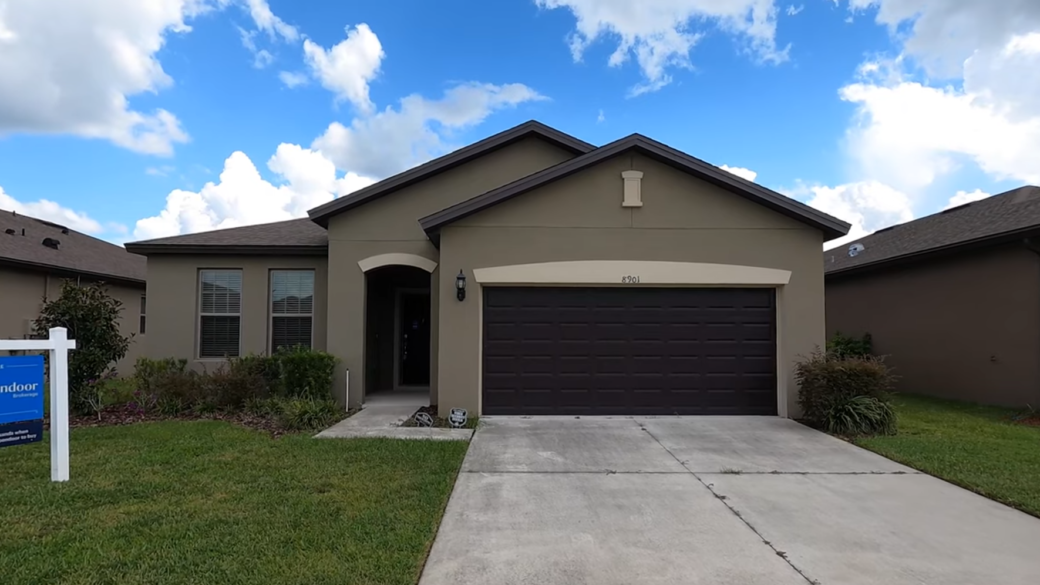A CDD fee, or a Community Development District fee, covers the costs of having new roads, road repairs, school buildings constructed and repaired. CDD Fees also pay for the maintenance of roads, sewers, community pools and sports courts, parks, and sidewalks.
CDD fees are in place to pay for overall community improvements Typically a homeowner’s CDD fees range between $120-2000 each year.
How CDD fees work
Usually, the contractor responsible for the building puts the cost of the job into a municipal bond. These bonds are managed by a bank, along with a CDD management company. The bank manages finances and monitors all relevant investor information like sector and individual contributions, the balance of funds and sum of payments left, etc.
The cost of these bonds is distributed amongst homeowners, who pay it off over a long period of time like 25 or 30 years. It is not only the actual cost of the infrastructure building that is included in the CDD fees. CDD fees also include project management and operation fees. These are generally known as O&M fees. Bond management fees and county taxes are also included in the total repayments deducted from the home residents. CDD fees are integrated into your yearly property tax bill.
The CDD fees that residents pay can include O&M costs, taxes, and any amount allocated for the repayment of municipal bonds. For example, if you are paying $2000 in annual CDD fees as a resident, $1000 would be for county taxes, and $500 would be for operating and management charges and another $500 is for bond repayment. When the bond payment is completed the CDD fees would reduce by the $ 500 that was being contributed to municipal bond repayment.
The CDD is managed by a group of people elected to the Board as supervisors. The local landowners are required to elect these supervisors. The supervisors then elect one person as a chairperson. They are required to have a secretary and a treasurer and also have a district manager. The District Manager is responsible for the day to day operations of the CDD.
To find out the pros and cons of CDD fees read this article.
Legal Rights
A CDD is a stand-alone entity with the authority and legal right to open contracts and to execute them. CDDs can also possess property and enact laws and legislatures regarding their properties. CDDs can be sued and can sue others, they can borrow funds and assess and apply taxes on property located in their districts.
The taxes and other levies charged by the CDD are used to pay for building, operating, and maintenance of public facilities that are located in the district. The funds gathered by these fees are used to maintain specific public facilities and services being offered by the district.
The CDD charges are set on an annual basis by the governing body of CDD. Such charges are listed on the property tax statements, separate from the county, local, and assessments required by law.
CDD Fees in Florida
The State of Florida boasts classy closed neighborhoods featuring great amenities like pools, golf courses, tennis courts and at times beach clubs. The great weather, fabulous beaches, and strong tourism industry make it a prime residential attraction for people looking to move into such prime locales. It is the third most populous state of the US and has rapidly growing population levels. This makes the state a great place to own real estate.
Most people relocating to Florida are unaware of the CDD Fees. As Florida is the only state that has the CDD fees, it helps to understand why the CDD was launched. The purpose of the CDD is to move the financial burden of having infrastructural development off of the cash strapped local governments. This allows for communities to have all required amenities available and the costs of these are then built into the cost of living in the locality.
This scheme is usually available for new communities, since community developers usually issue these tax-free bonds at the time of the community being built. The cost of the bond is then transferred to the people that are buying the houses in these communities. The home owners then repay the bond over at least 15 to 30 years, which are paid in the form of annual property taxes. In the case of home owners having mortgages, the mortgage payment amount also includes the bond repayment amount. This is why when looking to purchase real estate in Florida, you must examine the full financial picture before making your decision.
What’s the difference between HOA fees and CDD fees?
An HOA (Home Owners Association) is the governing body of the community in which you’ve purchased your home. If your neighborhood has an HOA, this usually means you’ll have compulsory HOA fees to pay. These payments are typically paid separately from your mortgage.
Your HOA fee can cover a range of community services, including: trash pick-up, landscaping, cable, and other development costs. This can save you money in the long term, however each HOA has a set of rules that you must follow if you live in the community. This means it’s important to understand the local HOA rules before you decide to buy a home in the area.

